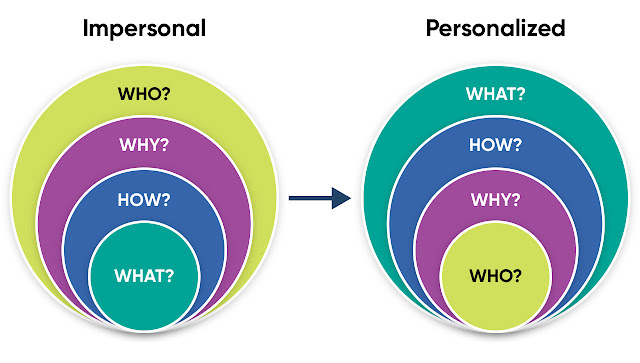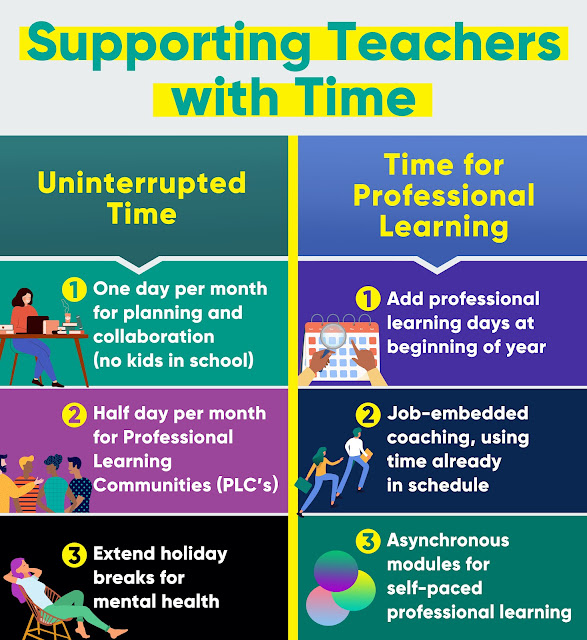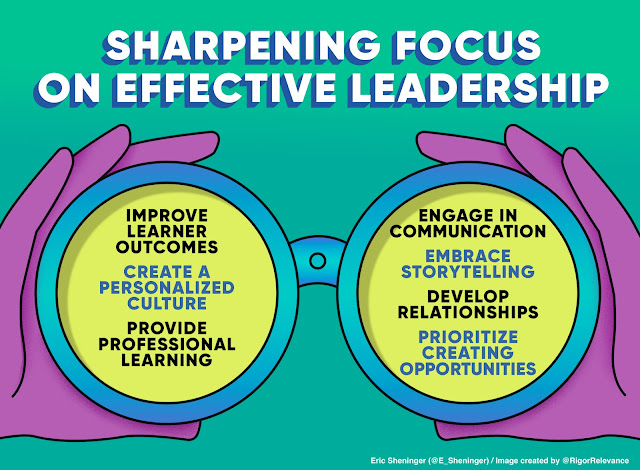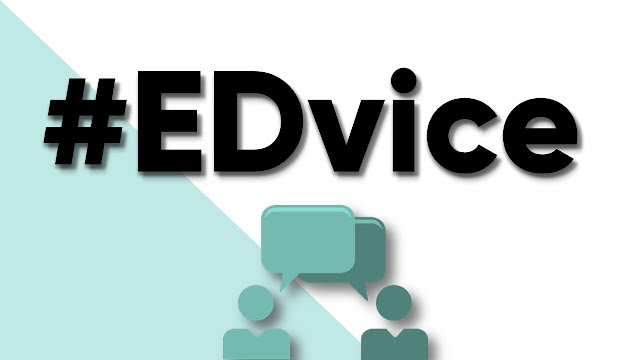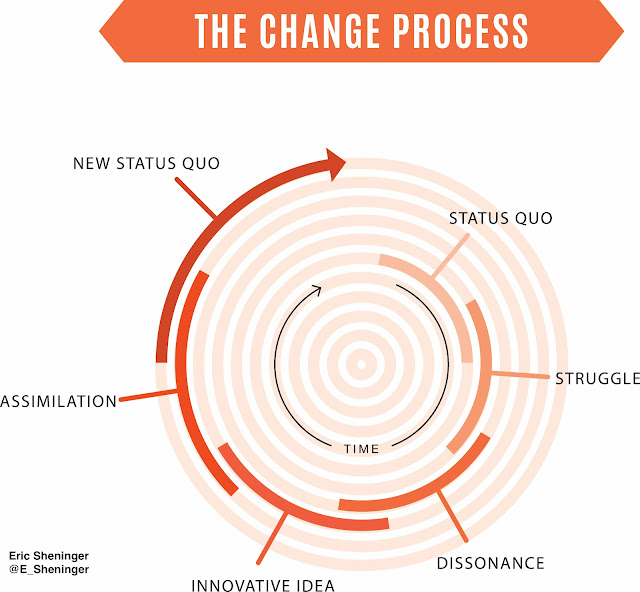With each passing year, I am always amazed that I continue to blog with consistency. It has become much more challenging, which is why I made the decision to move to a bi-monthly writing schedule. In a recent post, I shared my rationale. Basically, I am running out of unique topics and angles to explore so I don’t want to run the risk of becoming redundant. In some cases, this has already happened already, which is even more reason to put time and effort into my emerging video project called #EDvice. I plan to pick back up with this series early in 2023.
While many of my posts highlighted successes in current coaching projects, I tried to focus my efforts on expanding concepts presented in Disruptive Thinking in Our Classrooms. No matter how “evergreen” a book, the fact of the matter is that things change, or new perspectives are gleaned. By evergreen I mean that the content withstands the test of time. Unlike the days when there was no Internet, anyone can provide deeper context or supporting examples to supplement and piece of traditional written work. If you want to see these posts, I have curated them on this Pinterest board. If you are interested in a book study after the holidays there is a comprehensive study guide and an impressive bulk order discount through ConnectEDD Publishing (email info@connecteddpublishing.com).
Below are my top posts from 2022. There is a nice mix of concepts including personalization, educational technology, leadership, and school culture. As I did last year, I am including a hyperlink and the related image. I wish you all a happy and safe holiday season. Here’s to an amazing 2023!
Moving Beyond SAMR with the Rigor Relevance Framework
Your Ticket to Move Effective Lessons
Supporting and Rewarding Teachers with Time
The Ever-Evolving Leadership Lens


